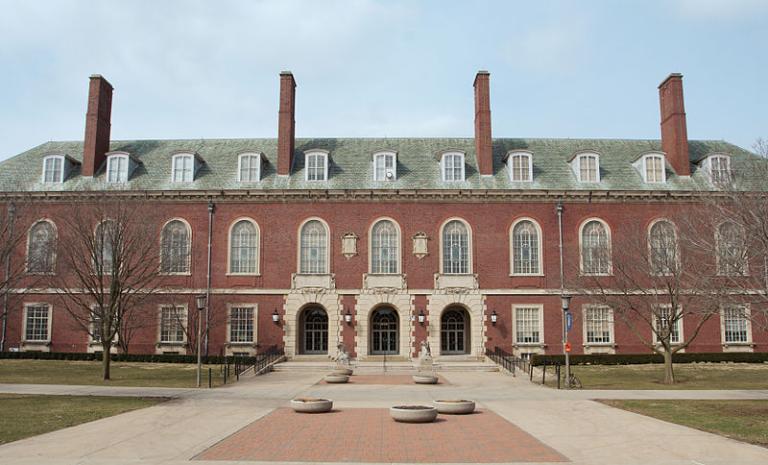So, look, yesterday I linked to a report quantifying the fact that employers are increasing requiring college degrees for jobs that objectively do not need it. And over the weekend I speculated on how the financial aid system could be reformed, though I didn’t get very far. And before that I suggested that colleges have themselves to blame for helicopter parents, because they’ve raised tuition so high that parents can’t just sit back and hope for the best when they send Timmy off to college, lest they spend $50K with nothing to show for it.
Let’s take a step back. Employers are demanding college degrees as never before both because, well, they can, in a tight job market, and also because that’s a marker for a basic ability level of being able to make it through a course of study, of any kind. They don’t trust the education of a high school graduate, and they don’t trust the maturity level of a fresh high school graduate.
As to the first, that’s where we could benefit from something akin to the German multi-tier educational system, in which it’s clear that a completion certificate in itself isn’t enough to demonstrate college readiness, but instead a higher level of skill and a final qualifying exam are required. Instead, we do the opposite, with a “qualifying exam” which represents only a very basic level of high school learning. (Incidentally, the German system doesn’t doom a child for life at 5th grade, as their are opportunities to move up or down a “track,” though it’ll take you longer, and even chances to move into a “college-prep” or American-college-level technical school program as an adult. But that’s a topic for another blog post.)
As to the second, my thought, as I was showering* this morning, was this: GMI, or General Motors Institute, was a university where students alternated between classroom and workplace, “interning” long before internships became the norm, and funding their college education by working. Could this concept be put to use in the liberal arts?
(* If I lived in California, I’d probably blog half as much, as many of my posts come from whatever I’m thinking about while I shower. Drought-necessitated shorter showers = less thinking.)
So I looked up GMI, now Kettering University, and it turns out that understanding of co-op = free education isn’t correct, or, perhaps, isn’t correct any longer, that the pay during the co-ops hasn’t kept up with the tuition increases. Tuition is $37,000 per year, and the website says students can expect to earn between $40,000 – $65,000 over the course of their period of study from their co-ops, so enough to fund 44% of their tuition.
One surprise: room and board is reasonably-priced, and no-frills. There’s even the option (for anyone except freshmen) to select room-only and cook in the kitchen at the dorm.
But in any case, here’s the idea:
As a replacement for a traditional 4-year liberal arts program for a high school graduate without any firm plans for a specialized course of study (e.g., no STEM, of course, and no business/accounting or other “training”-type programs):
First, complete a two-year course of study at a community college. Academic courses only, please!, and at the college level, i.e., “developmental” courses don’t count. If the local community college doesn’t offer enough classes, then there are probably enough partnerships with online providers to fill in the gap.
Second, a multi-year program that combines a mix of
- substantial internships (paid or unpaid, but absent the requirement to pay college tuition for the privilege of working) in which the participant (can you say “student”? I’m not sure) is exposed to the workplace, given a substantial degree of responsibility, and produces a portfolio of written work (no gofering), plus
- some forms of supervised independent study, with a structured aim of producing, again, a portfolio of skills, self-teaching either liberal arts topics such as history or skills such as programming, and
- “gap year”-type activities such as travel or volunteer work.
Now up to the home office!












